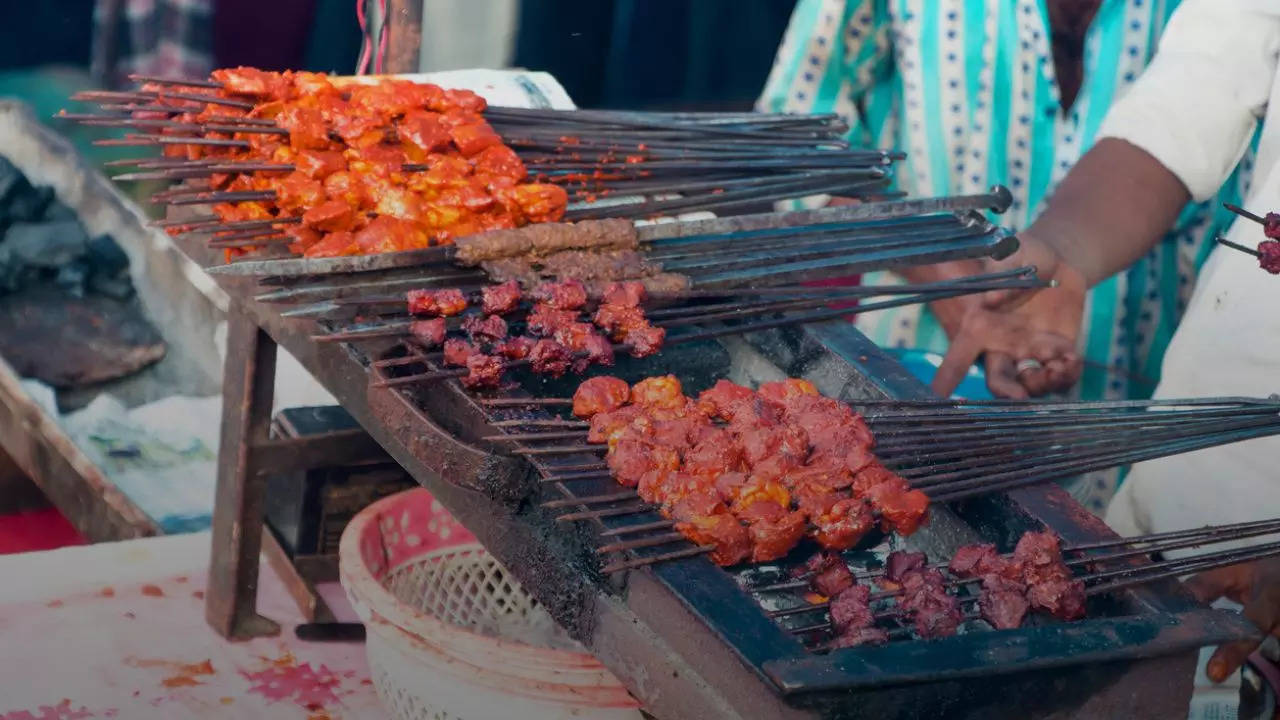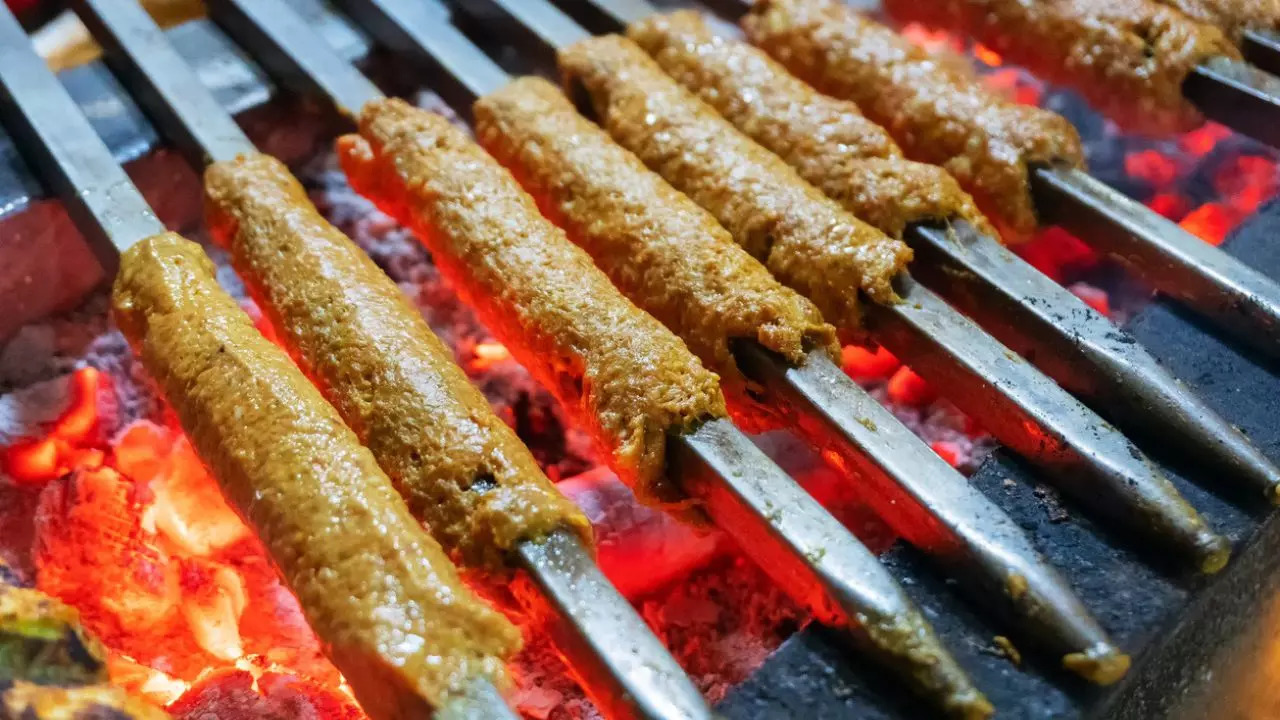Charcoal in Lucknow’s traditional tandoors to be replaced by gas
Photo: iStock
The city of Lucknow In Uttar Pradesh it is known as the kebab centre of the country. An integral part of awadhi cuisine The origin of Arabic cuisine dates back to the time of the Nawabs in the 17th century and to royal gastronomy. From the iconic Tunday Kebab to the soft and melting Galouti, the city is home to a variety of unique dishes and secret recipes, but there is always one thing common to all of them: they are cooked in sigrees or charcoal-burning tandoors.
All this is about to change with a new directive issued by the Lucknow Municipal Corporation (LMC) laying out its plans to do away with traditional charcoal tandoors and bhattis with gas and electric appliances in restaurants, hotels and street stalls. This change has been proposed in collaboration with the Energy and Resources Institute (TERI) to combat air pollution and will make the process more environmentally friendly and address the carbon emissions of approximately 20,000 restaurants that currently rely on charcoal and wood for cooking.
The initial rollout is planned to begin with 250 catering establishments, of which around 40 have already been studied. The aim is to provide restaurateurs with comprehensive information and viable solutions to ensure a smooth transition. This shift away from coal-burning tandoors has already been seen in Delhi, where they have been strictly limited since 2018 to improve worsening air quality.

Photo : iStock
In Lucknow, the news has generated mixed reactions, with many locals wondering how to achieve signature Lucknowi dishes without the use of charcoal. Sheeba Iqbal Jairajpuri, an Awadhi cuisine expert and curator of Aab-O-Dana (@aab_o_dana), says, “The idea of removing charcoal from culinary traditions is a bit shocking and a bit daunting because there are certain foods that get their aroma from being cooked on charcoal and there are many dishes in Lucknowi and Awadhi cuisine that we smoke using charcoal.”
Chef and food consultant Izzat Husain believes there will be a technical challenge beyond just changing flavours: “The temperature difference is very important when cooking on a charcoal stove,” he says. “You can tell the difference even if you make toast at home – it’s very different on a gas or electric stove, and that will change the whole flavour. This is a very old cooking system and it exists for a reason.”
For Sheeba, this means rethinking the way she cooks age-old dishes. “I wonder how tandoors will use gas to prepare tandoori dishes,” she says. “I make a dish called Patili Ke Kabab, which is first smoked and then cooked. And I make a vegetarian Baingan Ka Raita which has the flavour that comes from smoking. There is a huge difference in the taste.”
While the change is still underway, both hope that proper research has been done to back up this move, expressing concern that the rise in cars, motor vehicles and other vehicles could also be a factor in worsening air quality. Talking about how this move is likely to play out, Chef Husain adds, “If charcoal is banned in hotels, people are likely to start cooking these foods at their homes – most people in Lucknow have access to a simple sigree. But it won’t be as pleasant as the experience of food on the road or in a restaurant.” skewers.”
While air quality degradation and environmental safety are paramount in a world facing the climate crisis on a daily basis, the question that arises is whether it is only these ancient techniques that need to be studied or whether it is modern innovations that should also be looked into to ensure a noticeable improvement in Lucknow’s air quality, without having to sacrifice the city’s food traditions.
Disclaimer:
The information contained in this post is for general information purposes only. We make no representations or warranties of any kind, express or implied, about the completeness, accuracy, reliability, suitability or availability with respect to the website or the information, products, services, or related graphics contained on the post for any purpose.
We respect the intellectual property rights of content creators. If you are the owner of any material featured on our website and have concerns about its use, please contact us. We are committed to addressing any copyright issues promptly and will remove any material within 2 days of receiving a request from the rightful owner.

